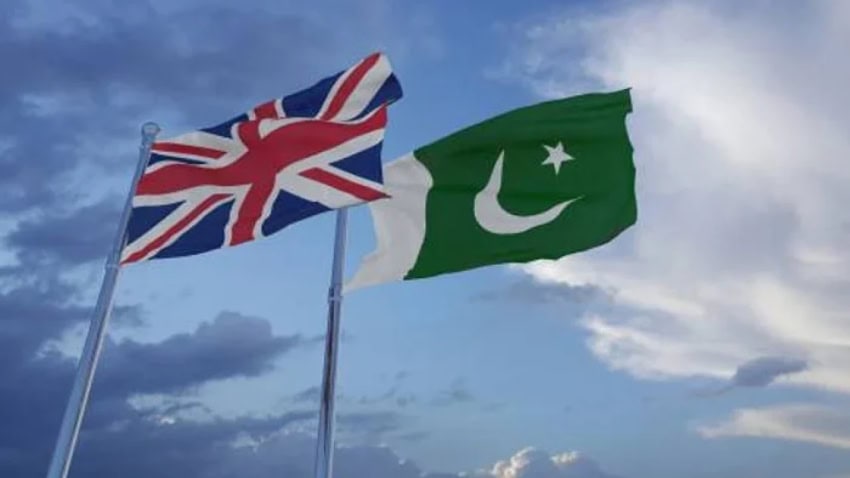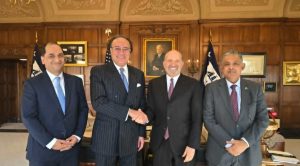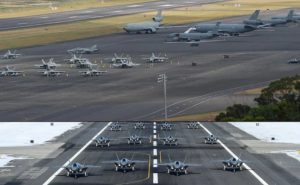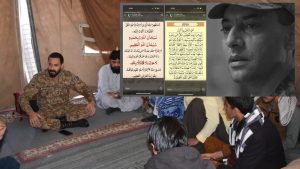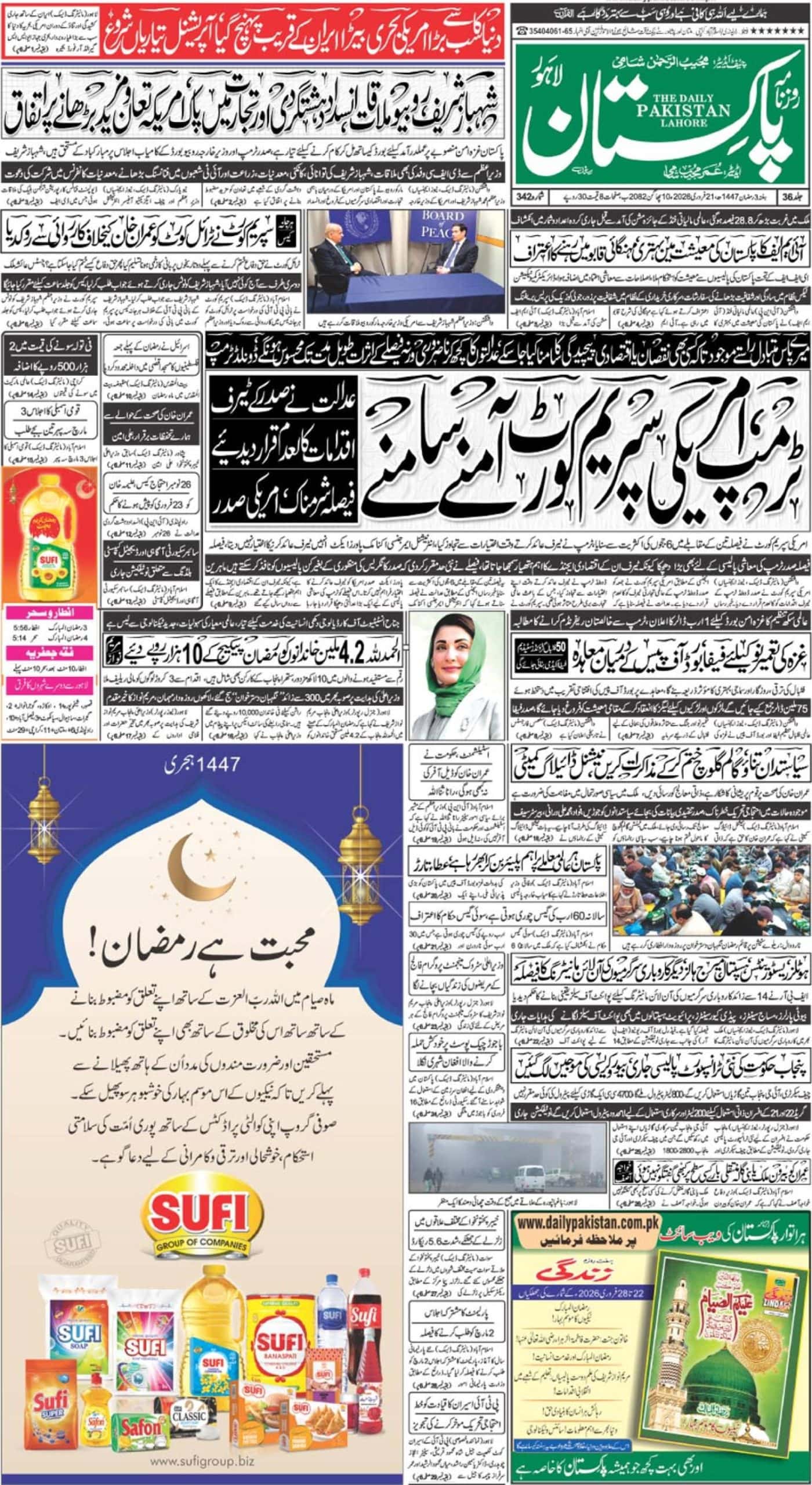The British government on Tuesday updated its foreign travel advice for Pakistan keeping in view the natural disasters and the law and order situation in the South Asian country.
In its latest “Update on monsoon rains”, the British government advised its citizens not to travel to certain areas of Pakistan. Here’s what the latest travel advisory says:
The Foreign, Commonwealth & Development Office (FCDO) advises against all travel to:
- The districts of Bajaur, Mohmand, Khyber, Orakzai, Kurram, North Waziristan and South Waziristan in Khyber-Pakhtunkhwa Province
- the districts of Charsadda, Kohat, Tank, Bannu, Lakki, Dera Ismail Khan, Swat, Buner and Lower Dir in Khyber-Pakhtunkhwa
- the city and district of Peshawar
- travel on the N45 road, from the north of the Mardan ring-road, to the edge of the district of Chitral
Balochistan province, excluding the southern coast of Balochistan (see below) - the section of the N35 (or Karakoram Highway) between the Mansehra ring road and the N15/N35 Chilas interchange
- within 10 miles of the Line of Control
The FCDO advises against all but essential travel to:
- Arandu town and the road between Mirkhani and Arandu in Khyber-Pakhtunkhwa province
- the southern coast of Balochistan, defined as the area south of (and including) the N10 motorway as well as the section of the N25 which runs from N10/N25 intersection to the Balochistan/Sindh border, including the port city of Gwadar
- areas of Sindh Province north of, and including, the city of Nawabshah
The UK travel advice for Pakistan further says, “It is more important than ever to get travel insurance and check it provides sufficient cover.
“Before the COVID pandemic there were nearly half a million visits by British nationals to Pakistan. Most visits are trouble free.
“Political rallies and protests regularly take place across Pakistan. Some may have an anti-western dimension and could turn violent. Tear gas can be used to disperse protests. Avoid demonstrations, large crowds of people and political events. Be alert to local news and, where possible, social media and follow the advice of local authorities and your tour company. If you find yourself near protests, turn away and move to a safe place.
“Terrorists are very likely to try to carry out attacks in Pakistan. There’s a high threat of terrorism, kidnap and sectarian violence throughout the country, including the major cities of Islamabad, Rawalpindi, Lahore and Karachi. Foreigners, in particular westerners, may be directly targeted. You should try to avoid all crowds and public events including political gatherings and religious events throughout Pakistan, and take appropriate security precautions.
“Densely populated and unsecured areas, such as markets, shopping malls, hotels, restaurants, hiking trails, airports, infrastructure projects, public transport, schools and educational institutions are potential focal points for attacks. You should be extra vigilant at all times in such areas and minimise your exposure to areas that pose a higher risk.
“Some periods of the year may pose heightened risks. During holy periods/religious holidays, there is an increased potential for targeted attacks, including on western interests and religious minorities.
“Pakistan can experience extreme weather, including severe heatwaves. These typically occur between March and June. The extreme temperatures can cause poor air quality, wildfires and power cuts. You should avoid unnecessary exposure to direct sunlight and take precautionary measures. More information and detailed guidance is available on the National Disaster Management Authority website. You should monitor the local and international weather updates from the Pakistan Meteorological Department, follow the advice of local authorities and your tour company before travelling.
“The monsoon season in Pakistan is from late June to early October. Heavy rains can cause severe flash flooding in both urban and rural areas. Travel in many parts of the country can be severely impacted.
“Pakistan is in a major earthquake zone and remains at risk from further earthquakes, aftershocks, landslides and flooding. You should familiarise yourself with safety procedures in the event of an earthquake.
“Call 15 to contact the police. Call 1122 for the fire service or an ambulance. Services may vary and will be more limited outside major cities.
“Consular support is severely limited in parts of Pakistan where the FCDO has existing advice against all travel and all but essential travel (as set out above). The British High Commission’s ability to deliver consular assistance, including in an emergency, may be restricted or delayed in these areas.”

